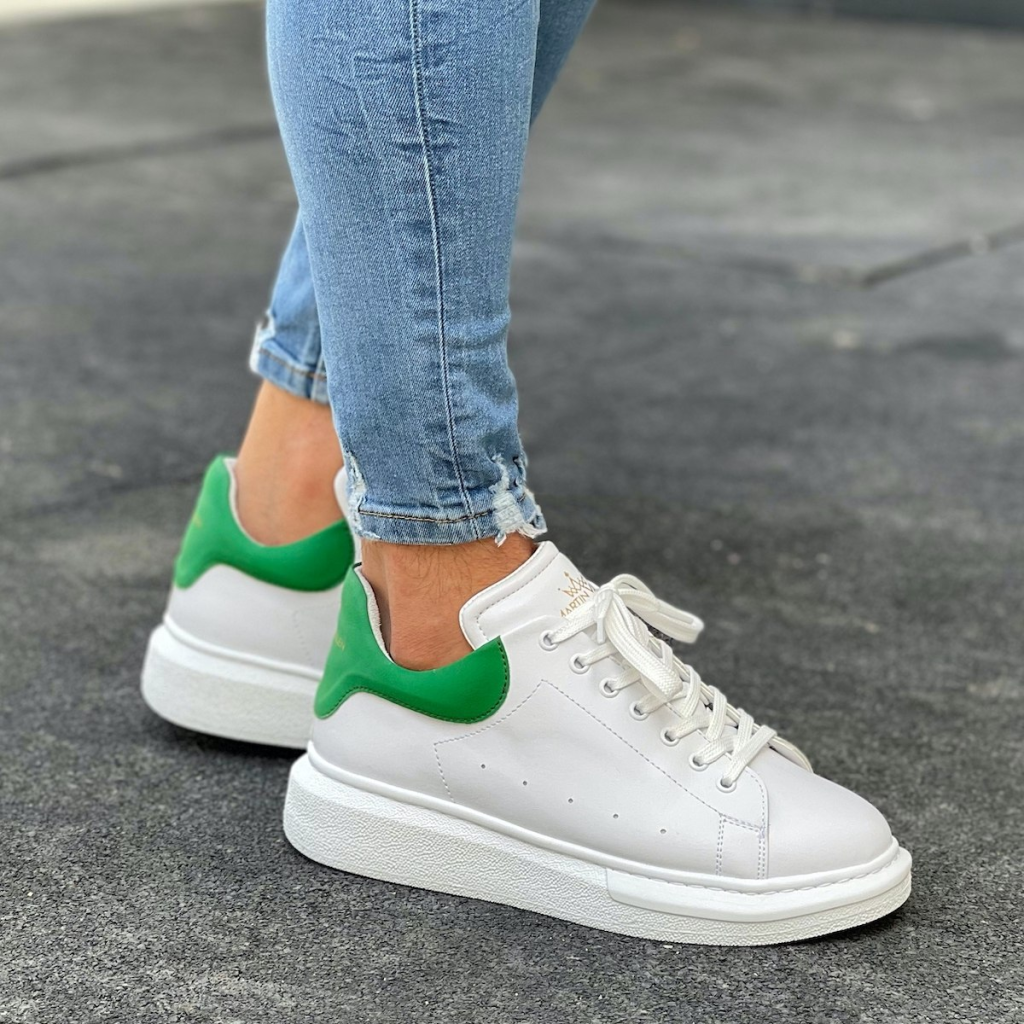
Sneaker collecting has become a popular hobby among many individuals around the world. It’s not just about owning a pair of shoes that you can wear, but it’s more about the thrill of owning a limited edition or rare pair of sneakers that you can show off to your friends and fellow sneaker enthusiasts.
But why do people collect sneakers? What is the psychology behind this hobby? In this article, we’ll dive into the psychology behind sneaker collecting and explore the reasons why people collect sneakers.
Social Status
Sneaker collecting has become a status symbol. Owning a pair of rare or limited edition sneakers can elevate your social status among your peers and make you feel more confident in your appearance. Sneakerheads often share their collections on social media, which can lead to admiration and envy from others.
Sneaker collecting has also become a way for individuals to express their identity and personality. By owning certain sneakers, people can showcase their interests, values, and style to the world. This can lead to a sense of belonging and acceptance among other sneaker collectors.
Nostalgia
For many people, collecting sneakers is not just about owning the latest and greatest releases, but it’s also about reliving memories from their past. Sneakers are often associated with specific moments in time, such as childhood memories or nostalgic moments from the past.
Sneaker companies often release retro or reissued versions of classic sneakers, which can appeal to individuals who want to relive those nostalgic moments. By owning a pair of retro sneakers, individuals can connect with the past and feel a sense of nostalgia.
Competition
Sneaker collecting has become a competitive sport. The limited edition releases and rare collaborations have created a culture of competition among sneaker collectors. This sense of competition can create a rush of excitement and adrenaline for collectors.
Sneaker collectors often participate in raffles, auctions, and other competitions to win the chance to own a rare pair of sneakers. This sense of competition can create a sense of accomplishment and pride when they are able to add a rare pair of sneakers to their collection.
Investment
Sneaker collecting has become a lucrative investment opportunity for many individuals. Some rare sneakers can be sold for thousands of dollars, making sneaker collecting a viable investment opportunity for collectors.
Sneakerheads often buy multiple pairs of the same sneaker, with the intention of selling them later for a profit. This can lead to a sense of financial security and accomplishment for collectors.
Self-Expression
Sneaker collecting has become a form of self-expression for many individuals. By owning rare or unique sneakers, collectors can express their individuality and creativity. Sneakerheads often customize their sneakers with unique designs and artwork, which can showcase their artistic abilities.
Sneaker collecting can also be a form of self-care. By owning a pair of sneakers that they love and feel confident in, individuals can boost their self-esteem and improve their mental health.
Community
Sneaker collecting has created a sense of community among individuals who share the same passion. Sneakerheads often attend sneaker conventions, events, and meetups to connect with other collectors and share their collections.
The sneaker community can provide a sense of belonging and support for individuals who share the same interest. This sense of community can also lead to friendships and social connections among individuals who may not have met otherwise.
In conclusion, sneaker collecting is a unique hobby that has become a cultural phenomenon. The psychology behind sneaker collecting is complex and multifaceted, with various reasons why people collect sneakers. Sneaker collecting can provide individuals with a sense of social status, nostalgia, competition, investment, self-expression, and community. Whether you’re a sneakerhead or not, it’s clear that sneaker collecting has become an important part of modern culture.

